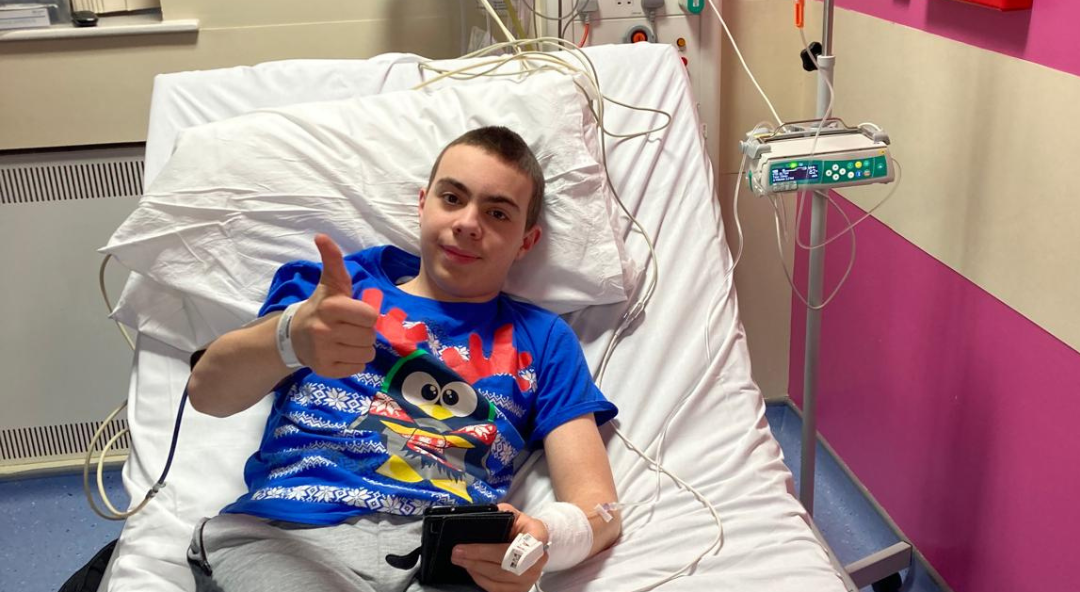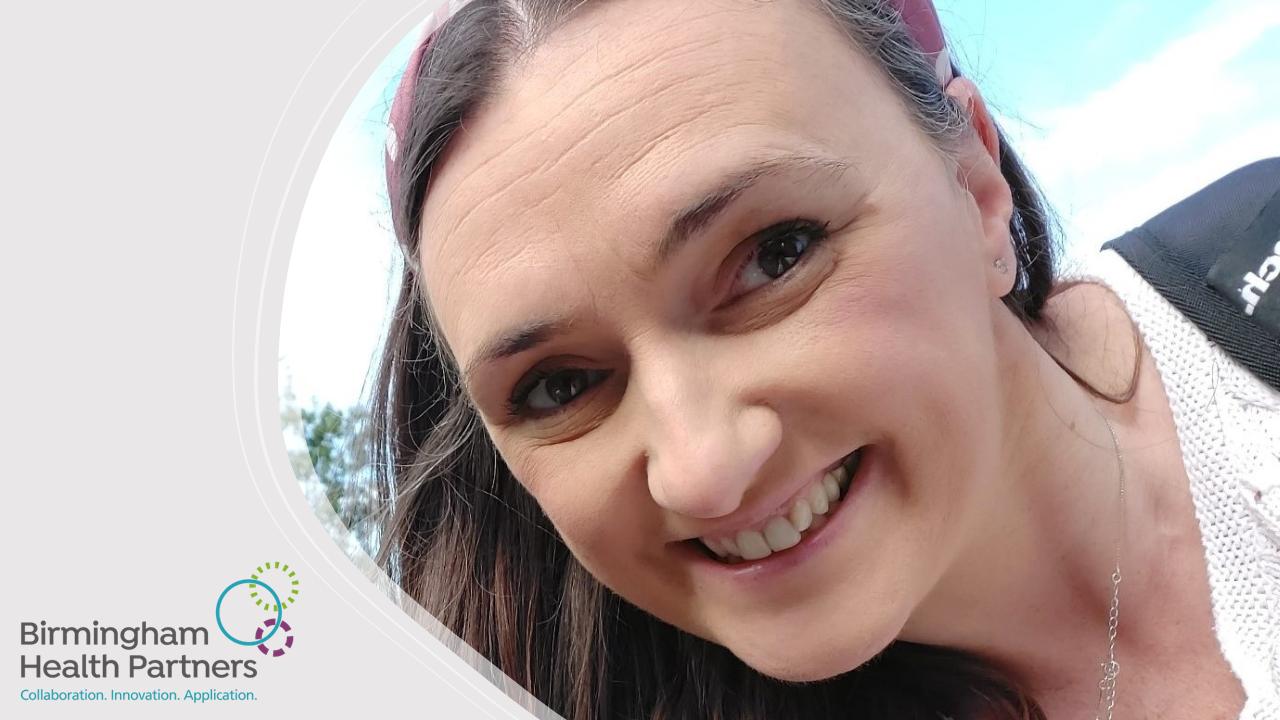Linda Everard, R&D Implementation and Performance Manager at BSMHFT, is one of the is one of the inaugural recipients of the new BHP People Award.
We met with Linda to find out a little more about her journey from clinical psychology to research delivery, and how she is embedding a culture of research in BSMHFT.
Q: Can you briefly run us through your career so far and how you came to work at BSMHFT?
LE: I originally planned to go down the clinical psychology route after completing my undergraduate degree in psychology. I worked in assistant psychologist roles within learning disabilities, CAMHS, and early psychosis, and that’s how I first joined this trust, working half in research and half in a clinical role within psychosis services.
I absolutely loved the research element, and when my boss at the time asked if I wanted to get more involved, I thought, “Why not?” That led me to a research coordinator post in early intervention services, which then developed into programme management. I first managed the DHSC-funded National EDEN Study, and then the NIHR-funded Super EDEN programme in psychosis, which was a turning point for me. Seeing the bigger changes happening in services—sometimes without individuals or even staff realising—made me rethink my career path. I realised I wanted to stay in research rather than pursue clinical psychology.
From there, I moved into programme grant management, and when that project ended, a role came up in R&D managing the delivery team. I got the post in 2015, and now, as Implementation and Performance Manager, I oversee the delivery and governance teams within the R&D department. I absolutely love what I do. It’s incredibly rewarding to see the impact research can have on shaping services and improving care.
Q: What do you think is they key to successfully engaging service users and communities in mental health research?
LE: It can be challenging compared to primary care, where recruitment seems that little bit easier. The key is building strong relationships and trust – not just with service users, but also with our clinical teams who play such a crucial role in connecting us with the right populations.
A lot of our current efforts focus on outreach, particularly within harder to reach communities who perhaps haven’t been involved in any kind of research before. The trust runs engagement events across the patch, and we always make sure the R&D team has a stand and a visible presence at these, providing information and making connections. Transparency and openness are essential, and we actively create spaces for conversation, such as our Lived Experience Action Research (LEAR) Group. This group, made up of service users and carers with an interest in research, helps to promote participation across different settings. Their involvement is invaluable in strengthening engagement and ensuring research is accessible and meaningful to those who need it most.
Q: What role do you see clinical trials playing in advancing mental health care, and how can we ensure they are accessible to diverse groups?
LE: Clinical trials are essential for improving mental health care, but ensuring diverse participation is a challenge we need to address. Something I really want to take forward in the coming years is strengthening engagement with community leaders, whether that’s religious leaders or other trusted figures, because historically this is where we’ve fallen short.
We have an incredibly diverse population here in Birmingham and Solihull, yet many groups aren’t represented well in studies. Some trials, looking at psychosis and schizophrenia in particular, would really benefit from greater diversity and this would lead to more meaningful and applicable findings. To achieve this, we need to enhance our outreach efforts, both within communities and through stronger collaboration with clinical teams.
One positive shift has been the increasing diversity within our own workforce due to expanding our team. Our department is made up of passionate individuals from a variety of backgrounds, cultures and experiences, creating a rich blend of perspectives, skills and ideas. This in turn has allowed us to better understand and address the needs and perspectives of the different populations we serve and will be key to continuing to attract a broader group of participants into clinical research.
Q: Can you talk to us a little more about the research champions you are establishing – what will their role be and what impact do you expect them to have?
LE: We’re still in the early stages, but the goal is to establish two groups of research champions: staff and patients. We want to build a network of people with a genuine interest in research who can act as connectors on the ground. Staff research champions will bring together individuals from different teams to support studies, while patient champions will help recruit participants from various groups and communities.
It’s also about nurturing the researchers of the future. Many doctors coming through need to complete research but have very limited time. By involving them in the research champion programme, we can get them trained, give them a taste of research and recruiting, and show them firsthand how research impacts people’s lives. I think research can be seen as an ‘extra’ rather than an integral part of healthcare, and we want to change that.
Ultimately, we want to embed research into the culture of the trust so that it becomes part of everyday practice, and effectively “everyone’s business”, rather than something only the R&D department handles. There’s still a long way to go, but that’s what makes this job so exciting—there’s always more to be done to drive research forward and make it accessible to everyone.





